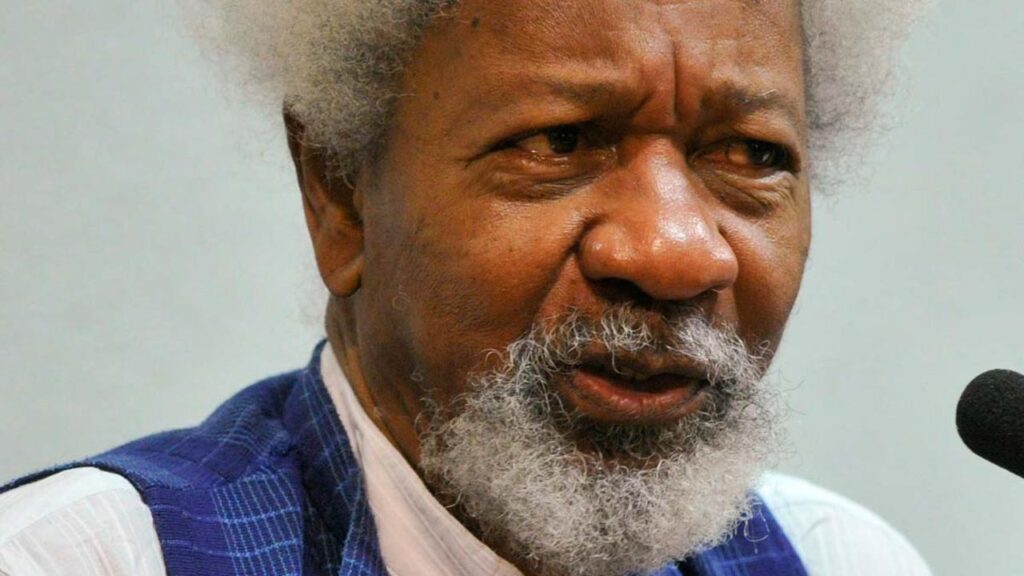
DO you think the introduction of PVC and card reader is in line with the electoral act, which prohibits e-voting?
Once we take voting in its definition by judicial authorities, then it is not limited to the actual act of casting the ballots but involves the entire electoral process such as accreditations and others. This means that there may well be a problem in the introduction of the card readers by INEC because the electoral act expressly prohibits electronic voting in very clear terms.
Some may take voting in it narrow sense of dropping their ballot in the box, but there is a judicial authority that has defined voting to include the act of accreditation and that voting is a process that is not limited to merely casting your ballot. Then it means that the introduction of the card readers may constitutes a clear infraction of the provisions of the electoral act that prohibits electronic voting.
The truth of the matter is that the foundation of any election is accreditation. Without accreditation, you cannot have any vote. It is the process of ascertaining that any person who presents himself to a presiding officer or to a poll clerk for the purpose of voting has voter’s card with which he can identify himself as well as having his name ticked on the voters’ register. That process is more or less a foundation of the voting process but INEC now introduces an electronic device which is going to take over the process of accreditation. It is the card readers would be used to ascertain that a person is a duly registered voter, who is entitled to be given a ballot paper to go and cast his ballot. In that sense, it is e-voting.
Is mere casting of ballot electronic?
If you look at it from the narrow perspective, which means just dropping your ballot paper in the ballot box, you may say that it is not a violation of the electoral act. But we have regard to numerous judicial authorities unanimously saying that voting is not limited to merely casting of ballot, it is the entire process of the election starting with accreditation. It means that INEC is on a collision course with the provisions of the electoral act which prohibits electronic voting.
I know there are cases pending in court concerning the use of PVC. The essential requirement for voting is that you are a duly registered voter and any person who is a duly registered voter, whose name is on the voters register should not be disenfranchised. Unfortunately, that is essentially what INEC has done by bringing in the PVC and there is going to be a card reader also. If you have a temporary voters card, you cannot vote regardless of the fact that your name is on the register as a duly registered voter.
So that creates a lot of problem unless if the voters’ register they are going to display will now be a voters’ register that contains only names of those who have PVC. But once it is the same register that was used in 2011 because the so called temporary voters card was issued by INEC, people voted with that voters card in 2011 election. The electoral act that was used in 2011 is still in operation in 2015 elections. If the temporary voters card was valid in one election why will it become invalid and illegal in this election without change in the law?
The Chief Justice of Nigeria has decried the increasing number of cases at the apex court. What do you think are the solutions to this problem?
Well, the Supreme Court is the highest court in the land and its composition is not fragmented from state to state. At the same time, all appeals from all state’s High Courts to the Court of Appeal to each region and state terminate in one single apex court.
That must be a tremendous and horrendous volume of work and responsibility. In essence, going by the composition, it is very easy to notice where there is a surge in the number of cases with which the Supreme Court is inundated. People have the right to appeal. Right of appeal is one of the most potent instruments available to people for justice delivery and ascertainment.
There is obviously a need for the expansion of the composition of the Supreme Court and that cannot be done without the amendment of the constitution. There is increasing awareness of the existence of enforcement of rights and obligations on the part of the citizens and the Supreme Court, with only less than 25 members, cannot cope with the pressure of appeal.
We plan to put pressure on the National Assembly for the purpose of expansion in the composition of the Supreme Court. Imagine if just one hundred cases are proceeding from each Court of Appeal to the Supreme Court on quarterly basis. Just imagine that. The pressure will be too overwhelming for the justices.










